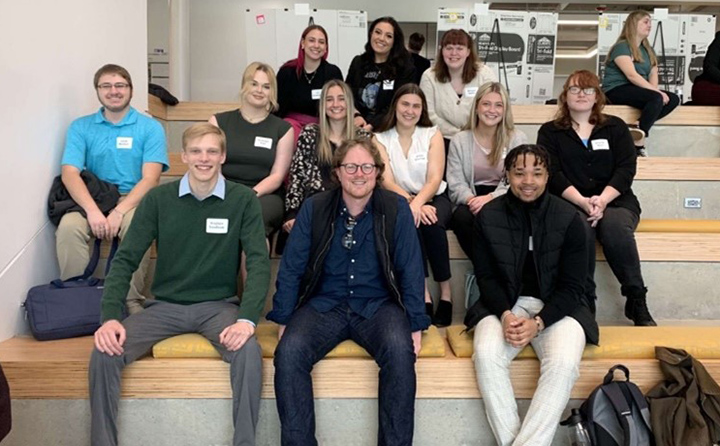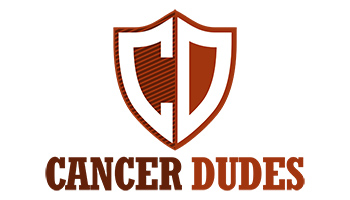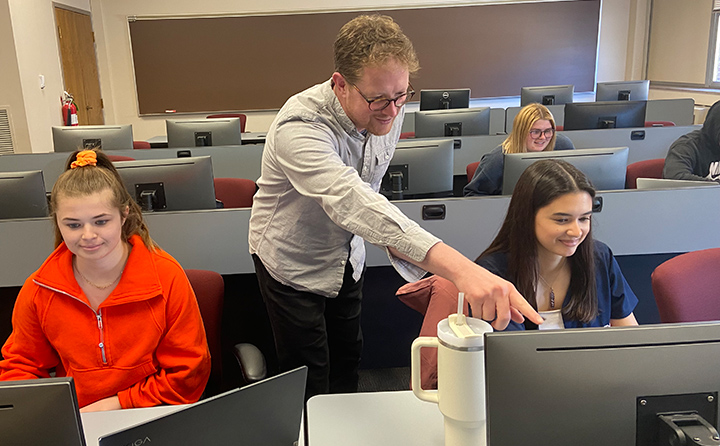The groundbreaking research looks to revolutionize the way a caregiver communicates with a patient's informal network.

Baldwin Wallace University communication studies students are working to help a Northeast Ohio-based nonprofit break down the communication barriers that hinder the recovery of male patients with cancer and reduce the quality of life for their non-medical caregivers.
Dr. Andy Dohanos '02, inspired by his own faculty-mentored research experience as a BW student more than 20 years ago, now involves his students in real-world communication research for Cancer Dudes.
This semester, his students have become advocates for the health of non-medical caregivers.

Dan Dean founded Cancer Dudes with the aim to empower men to succeed after defeating cancer. Cancer Dudes aspires to combat the scarcity of resources readily available for male cancer patients by improving their ability to overcome their rigorous battle with cancer and the toll it takes on their mental health.
"I would say that Cancer Dudes is and has been a work in progress - we started with attempts to reach people in face-to-face contexts in workshops with limited success. We returned to the research and looked at how the autonomy and anonymity of online resources might better suit the audience we were after."

This semester, Dohanos' Quantitative Communication Research class is exploring the effect independent variables, such as communication competence, the size of an extended caregiving network and the communication of hope within that network, have on the anxiety, depression and burden experienced by primary informal caregivers.
The research highlights the significance that communication within a network has on the health and livelihood of the non-medical caregiver and emphasizes the relationship of a cancer caregiver and their extended network.
An extended caregiving network can include non-medical professionals that are family, friends, co-workers and neighbors of the cancer patient. Non-medical caregivers and medical professionals have different experiences and roles in the life of a patient with cancer.
The class has collected surveys from nearly 150 non-medical caregivers and is collectively working on analyzing data that will be formulated into multiple research papers.
Soon, Dohanos' students will report their findings to the founder of Cancer Dudes, and Dohanos' students can take satisfaction in knowing their findings will yield positive results.
In fact, past work has led Cancer Dudes to implement new programming and educational materials to improve the communication skills and mental health of caregivers.
In addition, Donhanos concludes, "My hope is that this work might serve as a pathway for current BW students to see possibilities for themselves they otherwise might not have considered (like those my faculty mentors provided for me)."